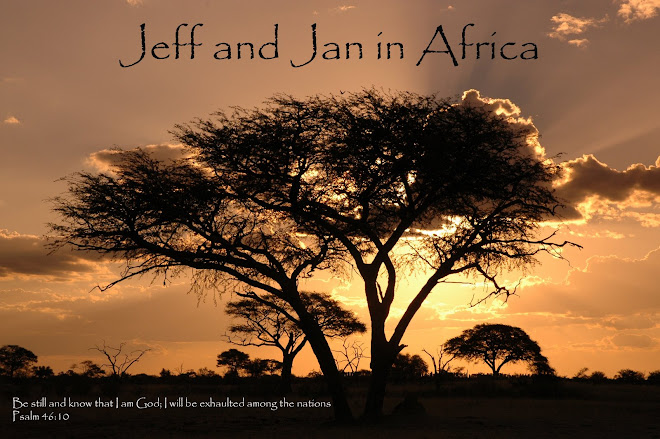.jpg)
We have also learned that Nairobi is very multi-cultural. There are many Muslim and Hindu families living here. The city is loaded with mosques and temples. This pictures show a Hindu temple we call the “Sand Castle”. We take our phone to be unlocked and the shop keeper has gone to pray at mid day. We see many women and girls walking the streets wearing their burkas. This month has been Ramadhan and we hear the public prayers being chanted even from our own home. We go out to eat on Friday nights in the Indian district and enjoy Indian cuisine. We have a whole division of our IMB team that works with the Asian population in town.
We are still learning how to purchase our food at the “Hawkers Market” where you go in and bargain with the vendors who are hawking their goods. We are getting some really good fresh fruits and vegetables but it is a learning process on how not to overpay. Our money system is in Kenyan Shillings, (Ksh). The exchange rate makes it work out that 100 shillings equals about $1.50. So as we are trying to barter, we also have to be calculating in our heads how much we just offered! Today we had our first “experience” going to the butcher to buy a few chicken breasts. The smell was delightful, NOT! Not to be too gross but it smelled like decomposing flesh.
Electricity here is very expensive so we try very hard to keep the lights off whenever possible and we only have our hot water heater turned on 2 hours a day to save on electricity. We do not have a clothes dryer because it would be too expensive to use. Our clothes are hung on the line to dry and then ironed. We have hired a sweet national lady named Grace to help out in this area.
All in all, we are adjusting well to the many changes and are enjoying our new friends that we are meeting each day. Please continue to pray for us as we adapt to our new culture.

1 comment:
I am glad both of you are adjusting to the customs. I know Jeff likes chicken. Do they fry and smoke chicken like southern folks? After hearing about the butcher, I'll be anticipating your blog on the fish monger.
Post a Comment